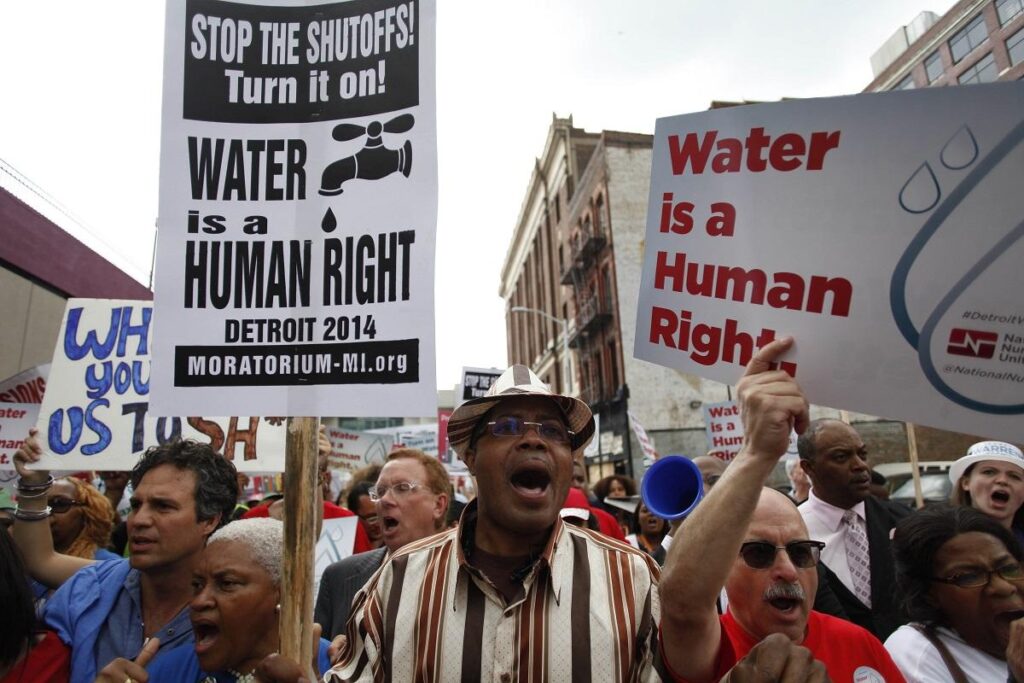
Across the United States, communities are grappling with rising water and sewer rates, which are increasingly unaffordable for many low-income households. When people cannot afford to pay, they face loss of access to essential water services, spiraling debt and economic hardship, loss of housing, loss of parental custody of children, and grave risks to both individual and community health. Lower-income households and households of color are particularly likely to suffer these consequences.
COVID-19 exacerbated and shined a spotlight on these challenges, but they will not go away when the pandemic recedes. Even with the recent increases in federal infrastructure funding, paying for desperately needed improvements to water and wastewater systems will continue to drive rates upward. For water systems to deliver safe water to everyone in their communities, we must ensure that bills are affordable for those least able to pay and that no one loses service if they cannot pay.
NRDC and the National Consumer Law Center’s Water Affordability Advocacy Toolkit aims to help address these challenges. It offers a menu of state- and local-level policy solutions that directly address household-level affordability for people served by centralized drinking water or wastewater systems. The toolkit is informed by the experiences and insights of advocates, activists, and academics across the country. It is designed to help others advocate to policymakers such as utility managers and utility governing boards, local elected officials, state legislatures and state utility commissions, and the courts. Policymakers and utilities can themselves use the toolkit to better understand problems and solutions that may apply to their communities.
The toolkit contains a series of modules on specific topics, with each one providing an in-depth explanation of the topic, questions that can help advocates assess gaps in state and local laws and policies, examples of strong state and local programs, policies, and consumer protections from around the country, pitfalls to look out for, and other policy ideas to consider. The modules can be downloaded together or individually:
- Summary
- Introduction
- Background
- Water Shutoffs
- Water Liens
- Water Debt
- Billing Problems and Dispute Resolution
- Protections and Support for Renters
- Affordability and Assistance Programs
- Equitable Water Rates
- Water Efficiency and Plumbing Repair Assistance
- Data Collection and Transparency
- Accountability and Participation in Decision Making
Contact Info:
Larry Levine, [email protected]
Olivia Wein, [email protected]